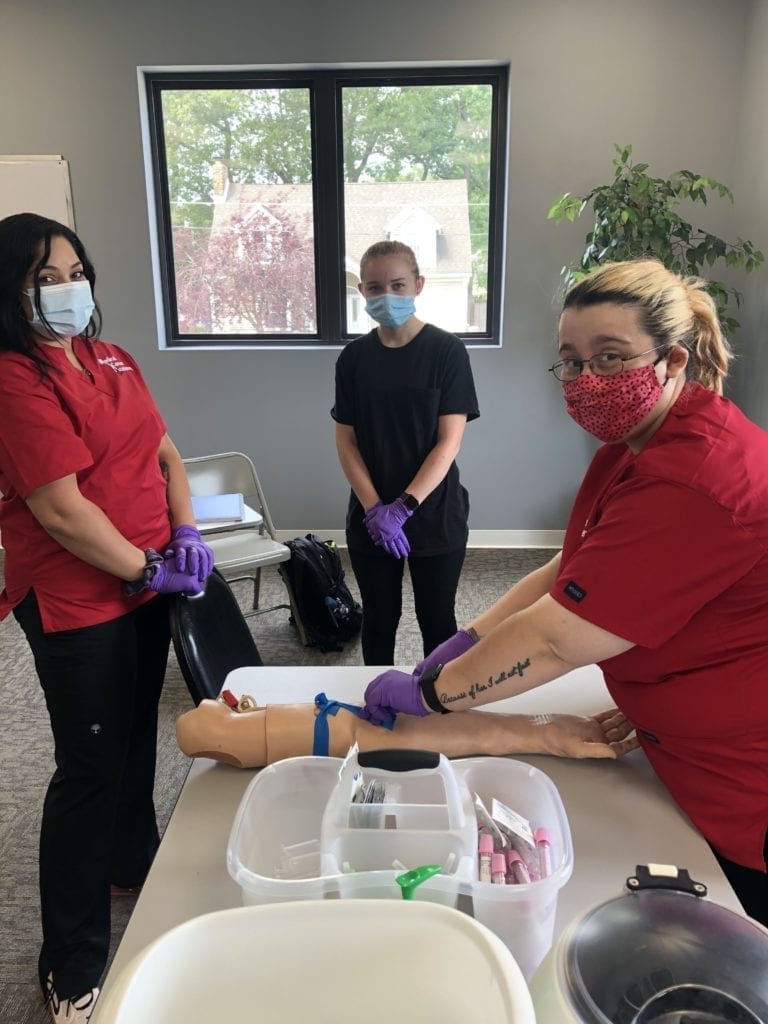Critical Ways to Advance Your Career as a Home Health Aide
The major duty of a Home Health Aide (HHA) is to assist the elderly, physically or mentally impaired, and other people recuperating from illness or injury. Certification/specialization, lifelong learning, benefits, flexibility, and a varied range of employment prospects are examples of professional progression opportunities.
If you’re interested in this career path, read on to learn the different ways you can advance through your years as an HHA.
Advanced Professional Certifications and Specializations
Working as an HHA allows you to pursue further certifications and expertise beyond this career path. For example, an Home Health Aide may have medical training which involves learning medical vocabulary, processes, and health code breaches for preparation for a medical occupation. A job as a Home Health Aide is a great way to get your foot in the door in the medical field.
While some jurisdictions do not require formal certification for entry-level HHA roles, it is nearly always possible to grow a career and become the best in the field by obtaining certification. A Home Health Aide, for example, may take the Vocational Nurse Certification (LVN) or Certified Nursing Assistant Certification (CNA) exams.
An HHA may have greater options for progress in the medical industry depending on the state’s limits or work permits.
A Lifetime of Learning
Aside from certification, home health aides must continue their education to adapt to the rapid expansion of the health care sector. This means learning new medication, treatments, and wellness programs are always being created in order to provide the best possible care to patients.
In order to retain skills and knowledge, many states now require HHAs and other professionals to attend re-certification seminars. Earning a credential is a great place to start, but medical professionals should never stop learning. Improving your knowledge, skills, and technological talents can help you develop in your job and earn more money.
The Special Advantages
The majority of medical occupations, such as Home Health Aide, offer a number of advantages. Paid vacation and sick leave, medical insurance options, retirement and 401k plans, and disability insurance are just a few of the advantages of working in medicine. Although, note that benefits differ depending on the state and type of job.
The Flexible Work-Life Balance
Working as an HHA means practicing in a variety of locations and on a range of flexible schedules. A Home Health Aide may work a range of shifts, including overnight patient monitoring and morning therapy or medication delivery. To fit their personal schedules, the majority of HHAs can work full- or part-time.
The Diverse Employment Opportunities
The ability to function in a range of scenarios is a final option for professional development for an HHA. For example, a Home Health Aide may work in a clinic, senior living facility, childcare center, or other location. This not only allows HHAs to work with a wide range of patients, but also allows them to branch out into other areas of medicine.
Conclusion
Working in the medical industry, such as as an HHA, has a lot of benefits. It’s more than just a one-track career. As a Home Health Aide, you are bound to experience and learn new things and encounter people from all walks of life. It’s definitely a fulfilling occupation that could give you more than you could ever expect.
Medical Career Academy is committed to providing a high-quality educational experience in a variety of healthcare fields. We provide both hands-on, real-world experience as well as digital medical career classes designed by highly qualified and experienced educators. With us, you can graduate with the confidence and knowledge required to practice medicine. Reach out to us today to get started!

